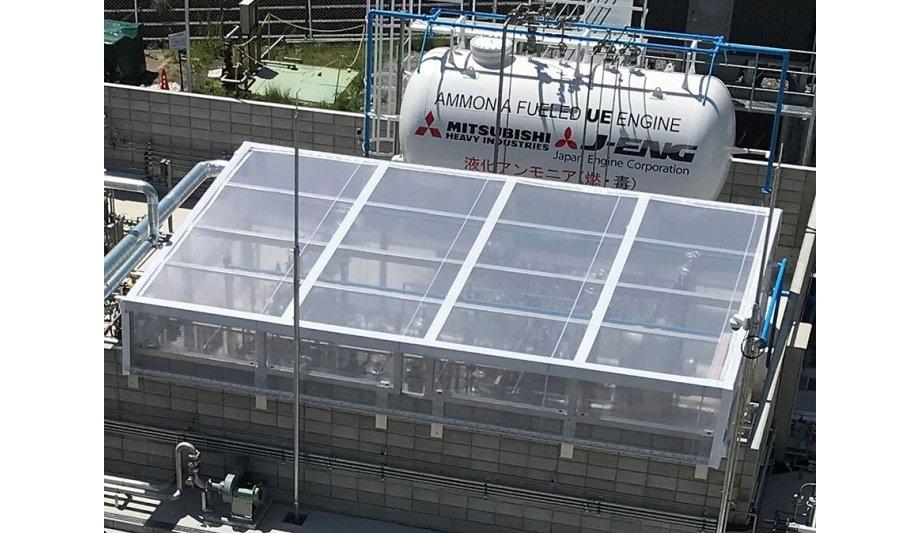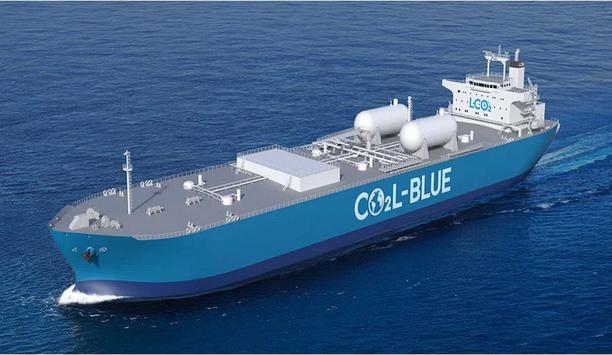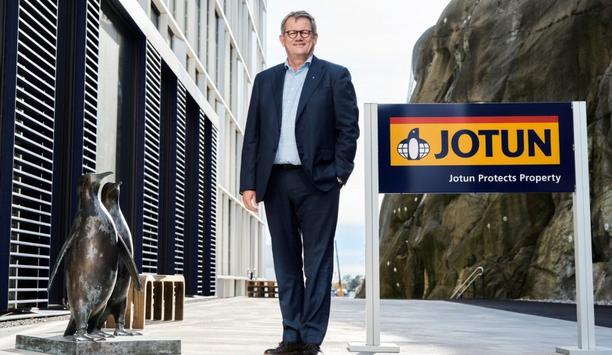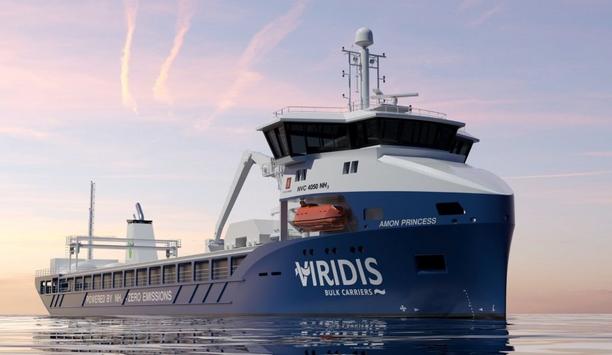Mitsubishi Shipbuilding Co., Ltd., a part of Mitsubishi Heavy Industries (MHI) Group, has completed delivery of an ammonia fuel supply system for large, low-speed two stroke marine engines, to Japan Engine Corporation (J-ENG), a manufacturer of marine engines based in Akashi City, Hyogo Prefecture.
J-ENG is currently conducting tests of ammonia fuel under various conditions utilising an experimental, large-scale, low-speed two stroke marine engine, located at the MHI Research & Innovation Center, in Nagasaki District in Japan.
J-ENG conducts rests on ammonia fuel supply system
Ammonia fuel supply system supplied by Mitsubishi Shipbuilding has been installed at Nagasaki District facility
The ammonia fuel supply system supplied by Mitsubishi Shipbuilding has been installed at the Nagasaki District facility, and supplies the ammonia fuel used to conduct the tests.
Ammonia, which emits no CO2 when combusted, is attracting attention as a fuel that contributes significantly to the reduction of GHG (greenhouse gas) emissions in the maritime industry, and is expected to be utilised as a stable clean energy in the future.
Mitsubishi Shipbuilding aims to reducing GHG emissions
Mitsubishi Shipbuilding aims to contribute to reducing GHG emissions in the maritime industry by manufacturing and supplying ammonia fuel supply systems for ships.
Going forward, according to MHI Group’s strategy of advancement of the energy transition, Mitsubishi Shipbuilding will strive to promote decarbonisation of the maritime industry, as well as to contribute to realising a carbon-neutral society and reduction of environmental load on a global scale, by utilising its technologies and expertise in ammonia handling accumulated through its long experience in building multi-gas carriers for transporting LPG and ammonia.











